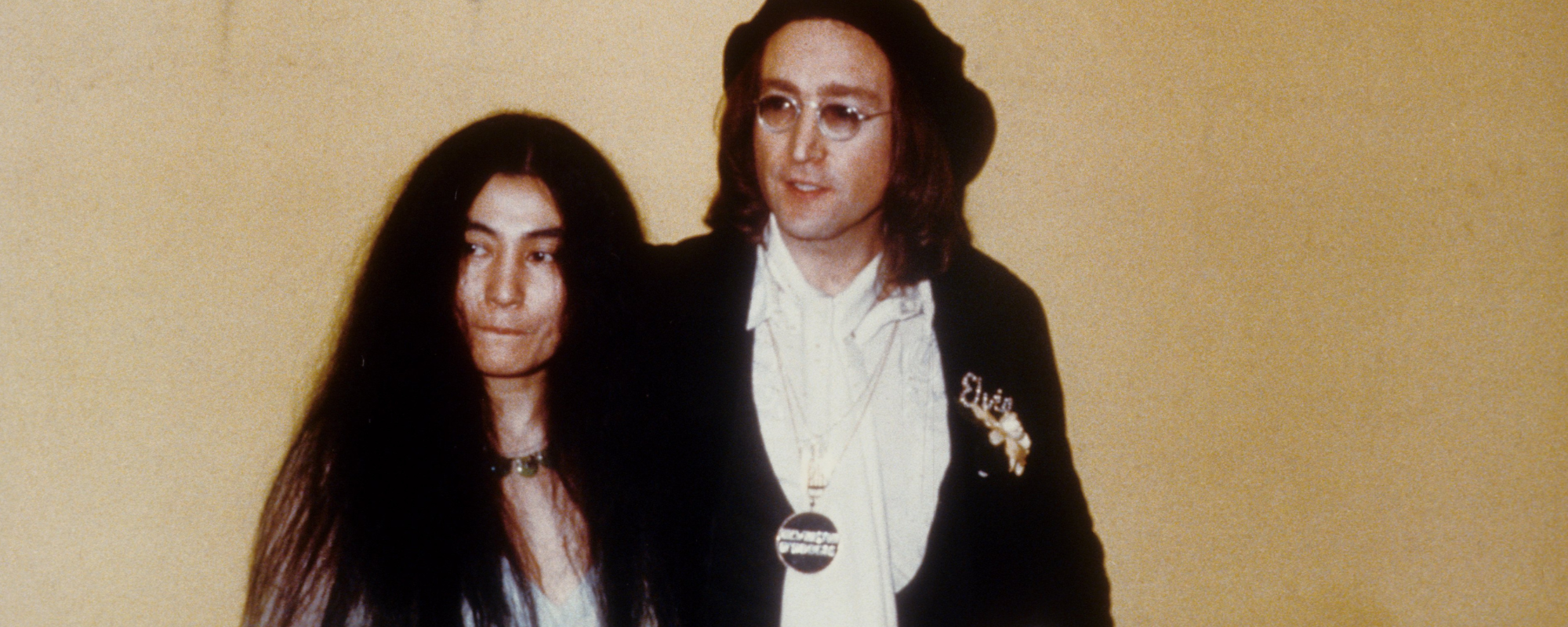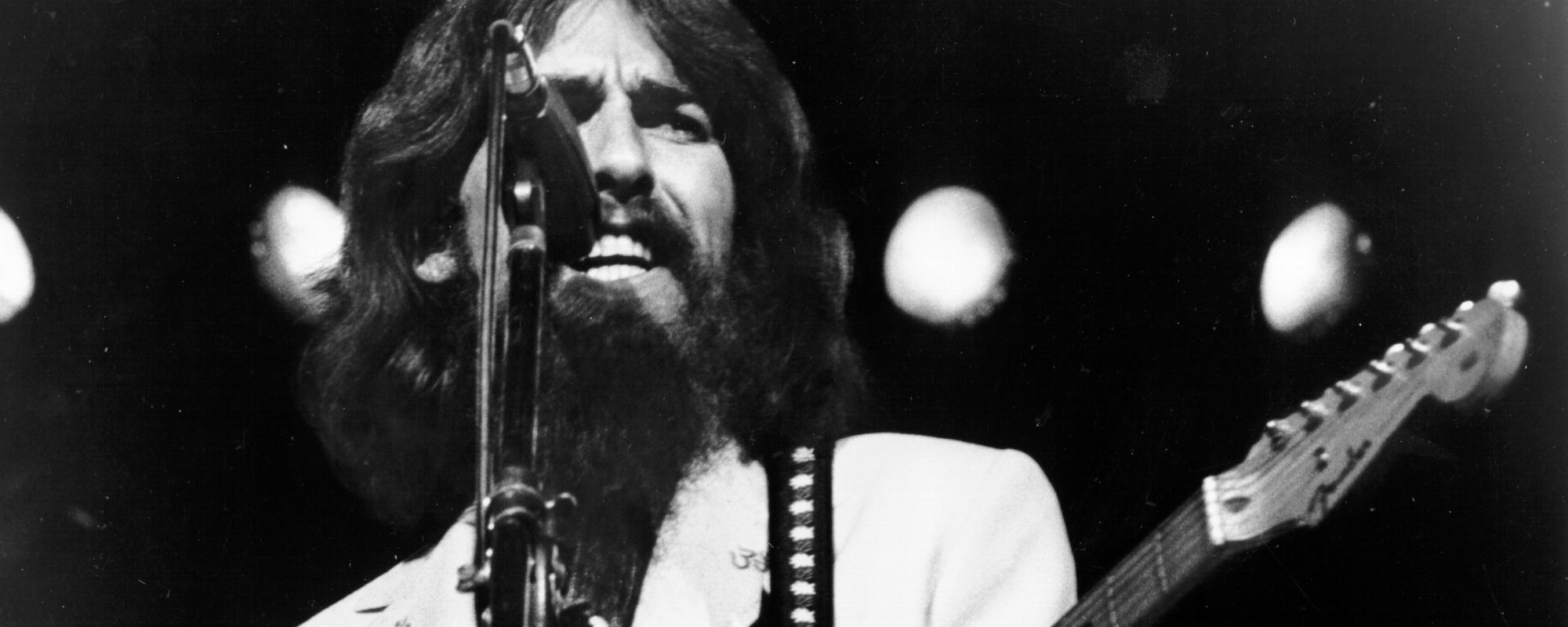It’s always fascinating to think hypothetically of the paths that musical careers might have taken if not for pivotal turning points. For example, would Billy Joel hold the same esteemed place within the singer/songwriter genre if it hadn’t been for The Stranger, the 1977 album that turned him into a household name.
Videos by American Songwriter
The album contains many of the songs upon which Joel’s reputation as a legend is now built. Here is how Joel flipped the switch and won the nationwide acclaim that had largely eluded him to that point.
Stranger Things
When you look at Billy Joel’s early career, there are glimpses of the crowd-pleasing songwriting and performing abilities that would soon separate him from the pack. But he always seemed to just miss the brass ring, even with the occasional breakthrough (the FM-radio success of “Captain Jack,” the brief Top-40 appearance of “Piano Man”) hinting at a bright future.
That future was very much in doubt following his 1976 album Turnstiles, which, despite featuring sharp songwriting and impassioned performances, was a big old nothing burger when it came to sales. Joel felt pressure like never before to gain some sort of commercial foothold, lest he find his record deal with Columbia in jeopardy.
Although he’d done a solid job self-producing Turnstiles, Joel understood the fresh ears of a new producer might turn the tide for him. That new producer almost turned out to be George Martin, but the former Beatles helmer wanted Joel to bring in session players. Joel believed in the band with whom he’d been touring, which is why he wanted a producer who could harness their expansive sound on record.
He settled on Phil Ramone, based on Ramone’s recent work with Paul Simon. Ramone seemed to instill in Joel the confidence to trust his instincts. Subtle touches like the ack-ack-ack vocal part added to “Movin’ Out (Anthony’s Song)” or the whistling intro of the title track only came about because Ramone convinced Joel not to sub them out for something more polished.
Ramone’s other key contribution came when he urged Joel not to abandon “Just the Way You Are,” sensing it could be the easygoing love song that would not only hit big on the charts, but also pave the way for the wider public to dive into the album. Right on both counts, and what an album awaited them once they gave The Stranger a try.
Revisiting the Music of The Stranger
One wonders if Turnstiles would have enjoyed a much kinder commercial fate if it had benefited from “Just the Way You Are” as a table-setter. The two albums share Joel’s knack for writing songs that somehow manage to be both slice of life and cinematic in scope.
The wannabe up-and-comers of “Movin’ Out (Anthony’s Song)” and “Scenes from an Italian Restaurant,” the tortured romantics of “The Stranger” and “She’s Always a Woman,” the charismatic wise guy insisting that “Only the Good Die Young”: All seemed like natural outgrowths of Joel’s persona, even as they resembled people you knew from around the neighborhood.
But thanks to Joel’s majestic melodies, the heft of his band, and Ramone’s excellent feel for creating memorable moments within songs, these characters are elevated to almost mythic status. With “Scenes from an Italian Restaurant,” Joel transcended his Beatles adulation with his own very New York spin on the song suite. We haven’t even got to “Vienna,” one of the best album tracks of his career.
The Stranger changed everything for Joel. It allowed him to go off on stylistic detours on specific albums without having to worry about losing his core audience, a luxury few artists have. Even though he’d delivered bite-sized bits of brilliance to that point, this album was the complete smorgasbord.
When you purchase through links on our site, we may earn an affiliate commission.
Photo by Andre Csillag/Shutterstock












Leave a Reply
Only members can comment. Become a member. Already a member? Log in.